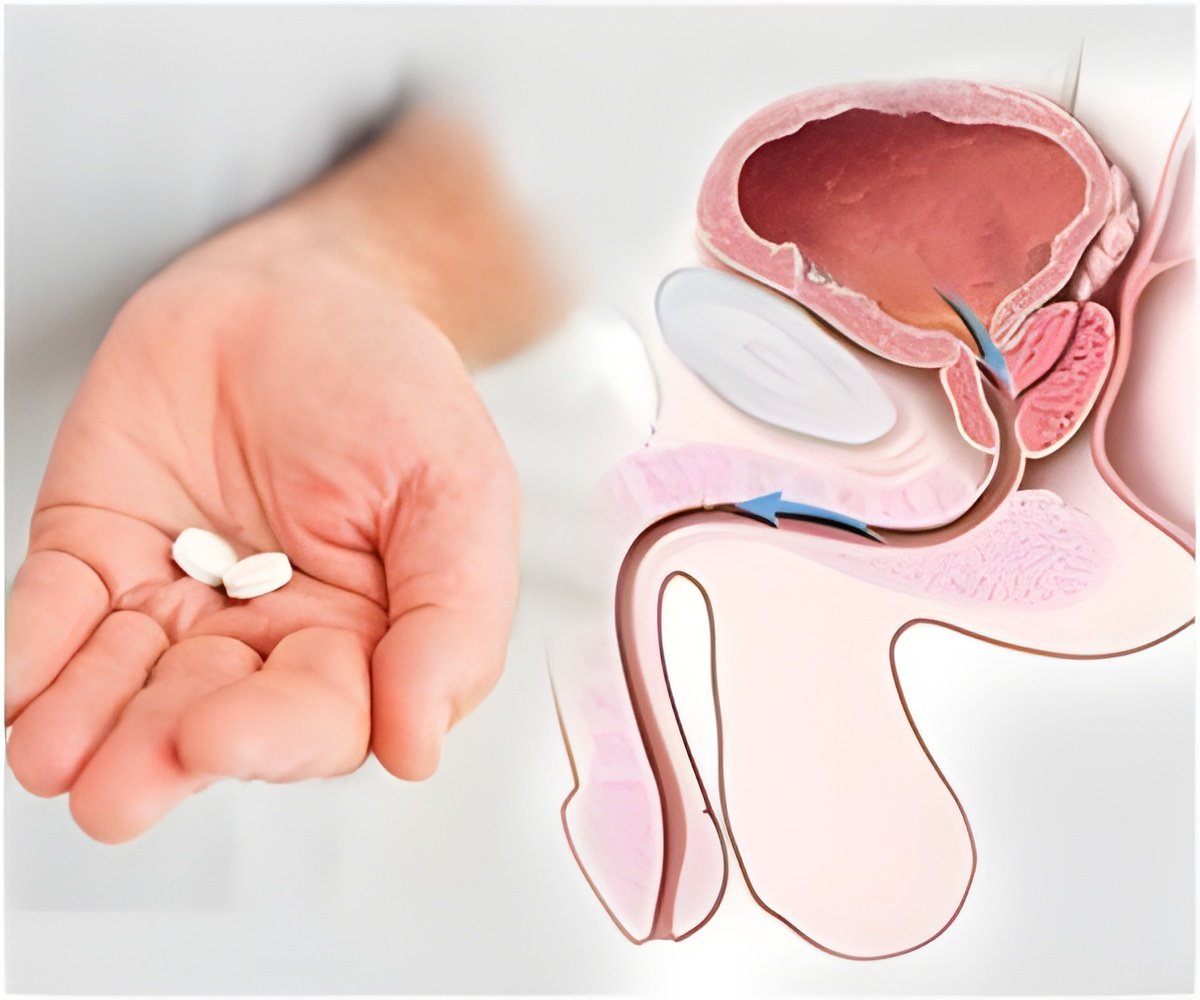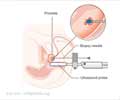Enzalutamide drug was found to delay metastasis and/or death in men with rising prostate specific antigen despite hormone therapy.

‘Enzalutamide drug was found to delay metastasis and/or death in men with rising prostate specific antigen despite hormone therapy.’





These men are receiving hormone treatments to reduce the testosterone on which their cancer feeds, but their cancers have become resistant to that treatment. Until recently, there has not been an effective treatment to improve their outcome. Now there might be one, reports a new study by a Northwestern Medicine clinical researcher. The double-blind, randomized phase III trial shows a drug currently used to treat men with metastatic, advanced prostate cancer significantly lowered the risk of metastasis or death when used in men with non-metastatic castrate-resistant prostate cancer and a rising PSA level.
Men who took the drug, enzalutamide, had a 71 percent lower risk of metastasis or death than those who took the placebo over the three-year duration of the trial. They also had delayed cancer re-appearance of almost two years compared to those taking a placebo.
The study will be published June 28 in the New England Journal of Medicine.
"I'm delighted with these results," said lead study author Dr. Maha Hussain, the Genevieve Teuton Professor of Medicine at Northwestern University Feinberg School of Medicine and deputy director of the Robert H. Lurie Comprehensive Cancer Center of Northwestern University. "Not only did the drug reduce cancer spread, but many other disease-related effects were impacted."
Advertisement
"Our goal was to see if we could delay the re-appearance of cancer with the hope it will lead to prolonged life," Hussain said. "We have to do more follow-up over time to see if long-term survival is impacted, but there are early positive trends."
Advertisement
Drug shuts down the runway for male hormones to enter cancer cell
Prostate cancer feeds on testosterone. The drug, enzalutamide, targets the androgen receptor on the cancer cell that is like a tiny landing pad for male hormones. It closes down the runway and starves the cell of testosterone and other male hormone-like substances. Some cancer cells may die; some may go dormant.
"By treating men earlier when they have less cancer, the drug can be more effective," Hussain said. "It's like weeds in the garden. It's easier to control one weed than a garden full of them."
The international trial included about 1,400 men with PSA levels that had doubled in 10 months or less and were continuing androgen-deprivation therapy. These are patients with the most aggressive form of the disease in this setting. For every three patients in the trial, two got the drug and one got the placebo.
The median duration of the trial regimen was 18.4 months in the enzalutamide group and 11.1 months in the placebo group. The median metastasis-free survival was 36.6 months in the enzalutamide group versus 14.7 months in the placebo group. When the trial was over, the men on the placebo received the real drug.
Historically, men with prostate cancer were treated with surgery to remove their testes, but as technology and drug development improved, they received hormone therapy injections to reduce testosterone production. Either way, the therapy doesn't control other sources of testosterone in the body and "even a whiff of male hormone stimulates the cancer," Hussain said.
Source-Eurekalert















